CORTECO 01033874B Shaft Seal, wheel hub
€12.72
-
- Inner Diameter 2 [mm]:53
- Height 1 [mm]:10
- Material:NBR (nitrile butadiene rubber)
- Dust Cover:with dust lip
- Swirl Type:Alternating Twist
- Diameter [mm]:73
- Item number:01033874B
- Manufacturer:CORTECO
- EAN number:3358960207043
- Fitting Position:This characteristic varies depending on the car model.
- Condition:New
Description
The shaft seal wheel hub in your Audi plays a crucial role in protecting the wheel bearing and other internal components from dirt, water, and other contaminants. Here’s a breakdown of its function and key features:
Function:
- Located between the axle shaft and the wheel hub, the shaft seal creates a tight seal, preventing:
- Foreign objects: Dirt, dust, water, and debris from entering the bearing, which can cause wear and tear, corrosion, and premature failure.
- Lubricant leakage: Grease from the bearing leaking out, reducing lubrication and further damaging the bearing.
Design:
- Typically made of rubber or other flexible material with a metal spring for tension.
- Has a lip that contacts the rotating axle shaft, creating a tight seal.
- Some seals may be single-lipped, while others have double lips for enhanced protection.
Signs of a failing shaft seal:
- Leaking grease around the wheel hub: Visible grease build-up near the seal or on the inner side of the wheel.
- Grinding or humming noises from the wheel: Worn bearing due to lack of lubrication or contamination.
- ABS or traction control system malfunction: Sensors might be affected by dirt or water entering due to a faulty seal.
Maintenance and replacement:
- Shaft seals have a limited lifespan and require replacement over time, especially if exposed to harsh driving conditions or extreme temperatures.
- Replacing a worn-out seal is essential to prevent further damage to the bearing and other components.
- This typically involves removing the wheel and hub, accessing the seal, and carefully installing a new one. It’s recommended to have this done by a qualified mechanic to ensure proper installation and avoid further issues.


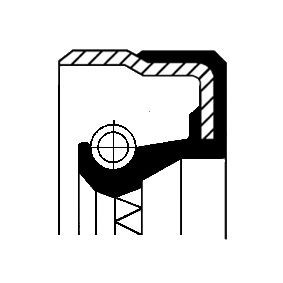
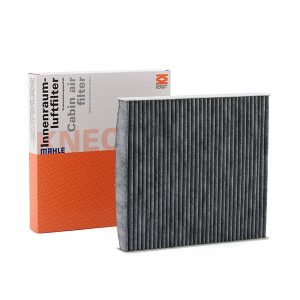
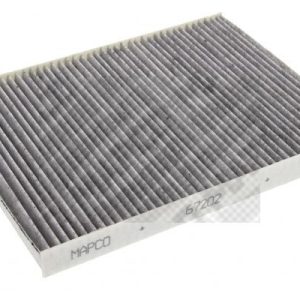
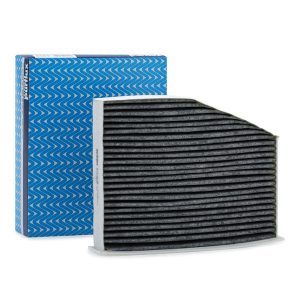
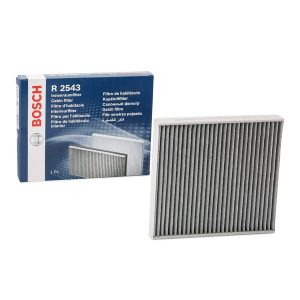
Reviews
There are no reviews yet.